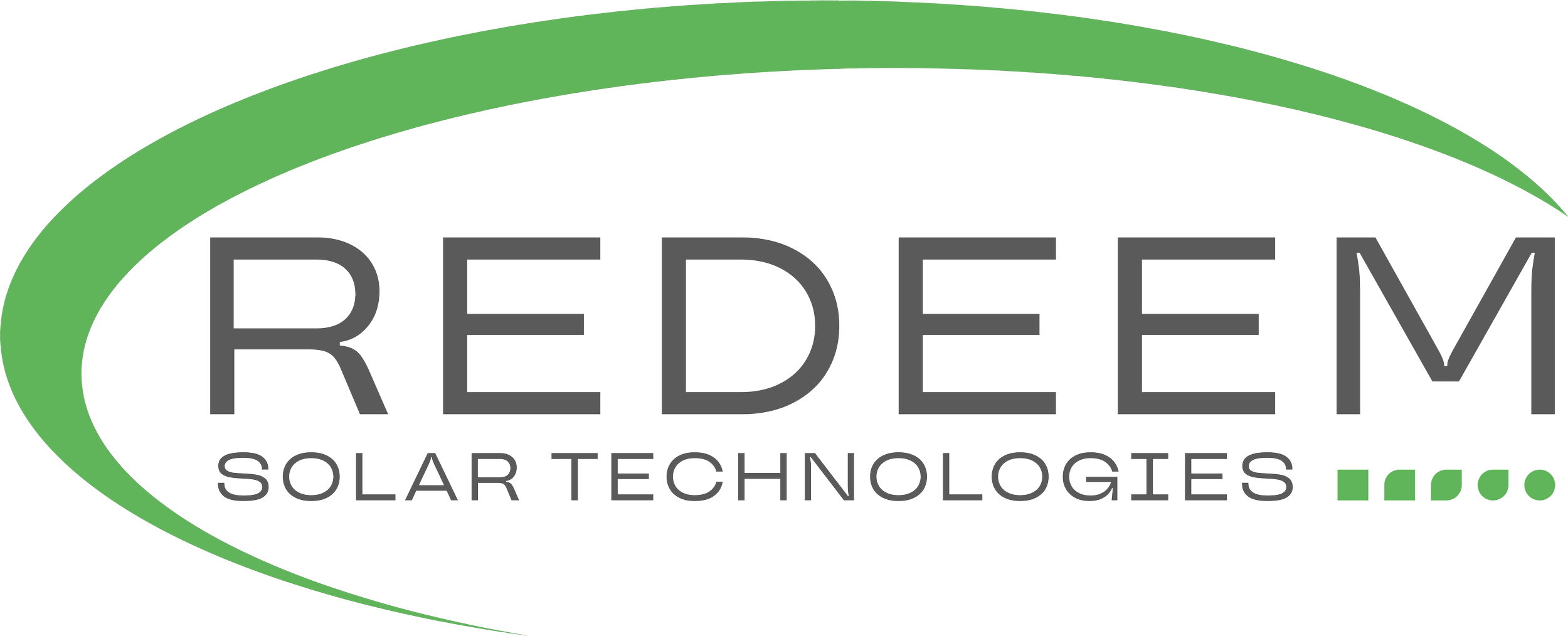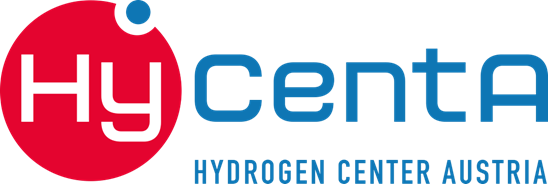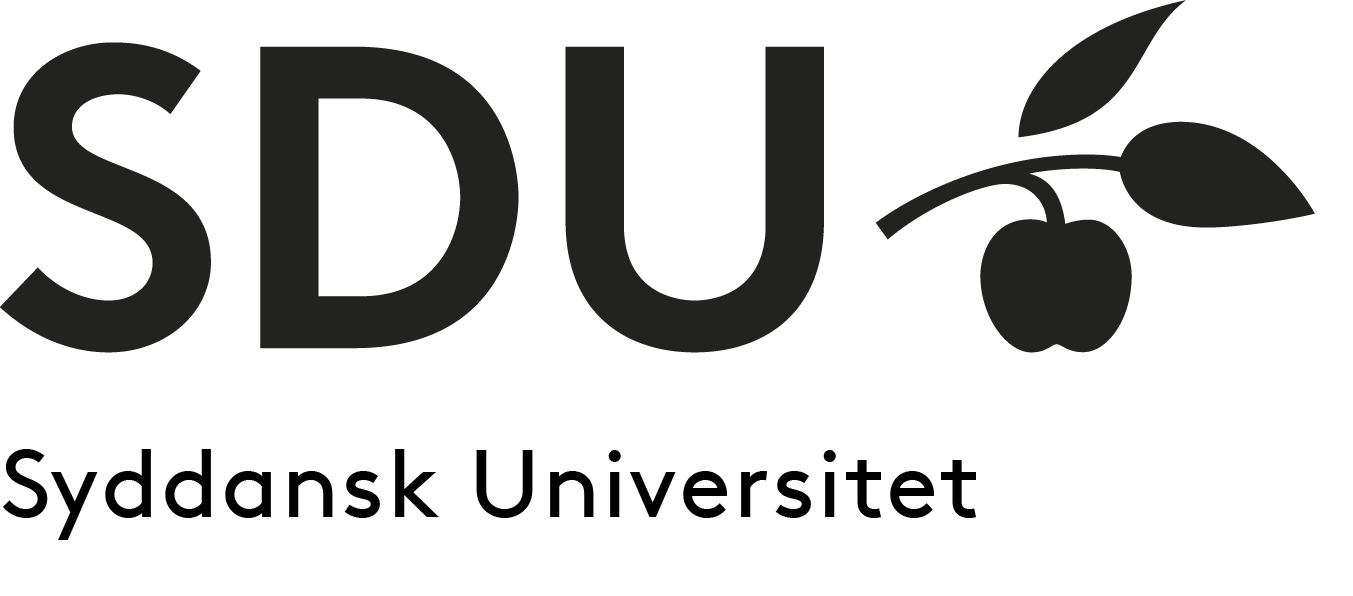Consortium
Discover the team behind SAHARA Project:
Fraunhofer Institute for Material and Beam Technology (IWS)
-
Fraunhofer Institute for Material and Beam Technology (IWS) develops complex system solutions in materials and laser technology. We define ourselves as idea drivers developing customized solutions based on laser applications, functionalized surfaces and material and process innovations – from easy- to-integrate custom solutions to cost-efficient solutions for SMEs to industry-ready solutions.
The working group “Thermal Coating” at the IWS has extensive experience in the development of functional coatings for photocatalytic applications, thermal barrier, electrical isolation, corrosion, and wear protection
-
Fraunhofer IWS takes over the development of the catalytic coating from the liquid feedstocks on different substrates via thermal coating processing.
The coating and process development considers the entire system of coating, substrate, interface, material utilization and process efficiency. IWS characterizes and evaluates the system based on the coating microstructure and composition, the bonding to the substrate and the coating build-up rate. In addition, the development will be evaluated based on the performance during testing and scale of PEC prototype.
CETIM Technological Centre
-
Created in 2011, CETIM is a technology centre oriented to offer services and meet the technological needs of its partners in industry and public administration.
We are a scientific partner of reference creating value through research and technological development processes. CETIM focuses its activity on knowledge, science and technologies, offering transversal solutions for a sustainable future in everything relevant to all sectors. With a focus on circular economy and sustainability, the centre works in 3 main areas of expertise: ECO BIO technologies, advanced materials and digital industry.
-
Focusing on Life Cycle Assessment (LCA), Life Cycle Costing (LCC), and Social Life Cycle Assessment (SLCA). These methodologies will be applied to evaluate the environmental, economic, and social impacts of the proposed hydrogen production technology throughout its entire life cycle.
LCA will assess environmental impacts, considering aspects such as energy consumption and carbon footprint reduction. LCC will analyze the financial feasibility by estimating costs from production to end-of-life. SLCA will quantify the social implications, ensuring the technology aligns with sustainability and societal benefits. CETIM will work closely with project partners to integrate these evaluations as decision-support tools, ensuring the technology meets sustainability criteria while optimizing economic and environmental performance.
Fraunhofer Institute for Ceramic Technologies and Systems (IKTS)
-
The Fraunhofer Institute for Ceramic Technologies and Systems IKTS conducts applied research on high-performance ceramics.
The institute‘s three sites in Dresden and Hermsdorf (Thuringia), Germany, collectively represent Europe‘s largest R&D institute dedicated to the study of ceramics.
As a research and technology service provider, the Fraunhofer IKTS develops advanced high-performance ceramic materials, industrial manufacturing processes as well as prototype components and systems in complete production lines up to the pilot-plant scale. In addition, the research portfolio also includes materials diagnostics and testing.
The test procedures in the fields of acoustics, electromagnetics, optics and microscopy contribute substantially to the quality assurance of products and plants.
-
In the SAHARA project, IKTS is responsible for selection of suitable catalyst materials, their characterization, and the corresponding preparation as feedstock for the thermal coating process used to generate the active layers of the PEC.
The layers are analyzed regarding their photocatalytic activity. The many years of experience in powder and suspension characterization together with the broad spectrum of technical equipment contribute to the successful completion of the project tasks in WP 3 and a reliable data base for assessing the activity and efficiency of the materials.
REDEEM Solar Technologies
-
Empowering industries through innovative solar solutions, Redeem Solar Technologies is committed to leveraging innovation in smart chemical manufacturing for a sustainable future, driving environmental stewardship, and fostering economic growth worldwide.
The Redeem line of flow and photocatalytic reactors and catalysts produce chemicals and hydrogen at a lower cost, higher quality, and a better carbon footprint using the power of renewable energy.
-
Redeem brings the know-how in photo and flow reactor design to be harnessed for the cell and module design development
Redeem role in the SAHARA project is the:
· Identification of close inter-connections of material, manufacturing techniques and design
· Evaluation and optimization of PEC designs through the use of creative techniques and simulation assisted methods followed by manufacturing of the cell
· Integration of PEC module in overall system
HyCenta Research
-
HyCentA Research GmbH (HCA) is the only extra-university research institution in Austria exclusively concerned with hydrogen technologies. Since its foundation in the year 2005, HCA is performing research and development projects in an international network with industry and academia regarding production, distribution, storage, and application of hydrogen.
HCA’s fields of expertise include engineering, simulation, testing and education of hydrogen technologies like electrolysis, gaseous storage systems, fuel cells, refueling, measuring and safety systems. HCA is operating a modern research infrastructure with highly qualified staff at the facilities of Graz University of Technology and has outstanding know-how in the conception and implementation of test benches and development of testing strategies.
-
HyCentA takes on the role of the Coordinator for the SAHARA project.
The main responsibility of HyCentA is the testing and characterization of the PEC as well as simulation activities for cell design optimization and the integration of PEC into the energy system.
Syddansk Universitet
-
University of Southern Denmark (SDU) fully embraces the UN’s 17 SDG and has a strong focus on interdisciplinarity, international collaboration and gender equality with over 200 successfully coordinated/participated EU projects.
Functional Material, Energy Conversion and Circular Economy (MEC) group has over 30-year tradition and expertise in developing renewable energy materials, especially electrocatalyst, ion conductive polymers and the corresponding electrode interfaces.
Our specialties include (1) high throughput, and accurate material evaluation and benchmarking protocol (2) degradation mechanism interpretation and (3) sustainable mitigation strategy including recycling in close collaboration with industries and academia.
Electrode material circular use is one of the highly focused areas and unique competence of the group. Several past & current (inter)national activities on similar (but not overlapping) topic offer great synergy to the proposed project. The group has access and is highly skilled in a range of state-of-the-art equipment and technologies.
-
SDU boasts specialization in recycling protocols and analytical instrumentation by providing technology know-how and infrastructure building for developing and validation of recycling process towards photoelectrochemical components. The Objectives of SU include:
· Comprehensive evaluation on end-of-life electrode components
· Identification on focus of the component(s) to be recycled
· Decision making on recycling methodology aligned with criteria for reproduction
· Recommendation on recycling friendly cell design for sustainability








